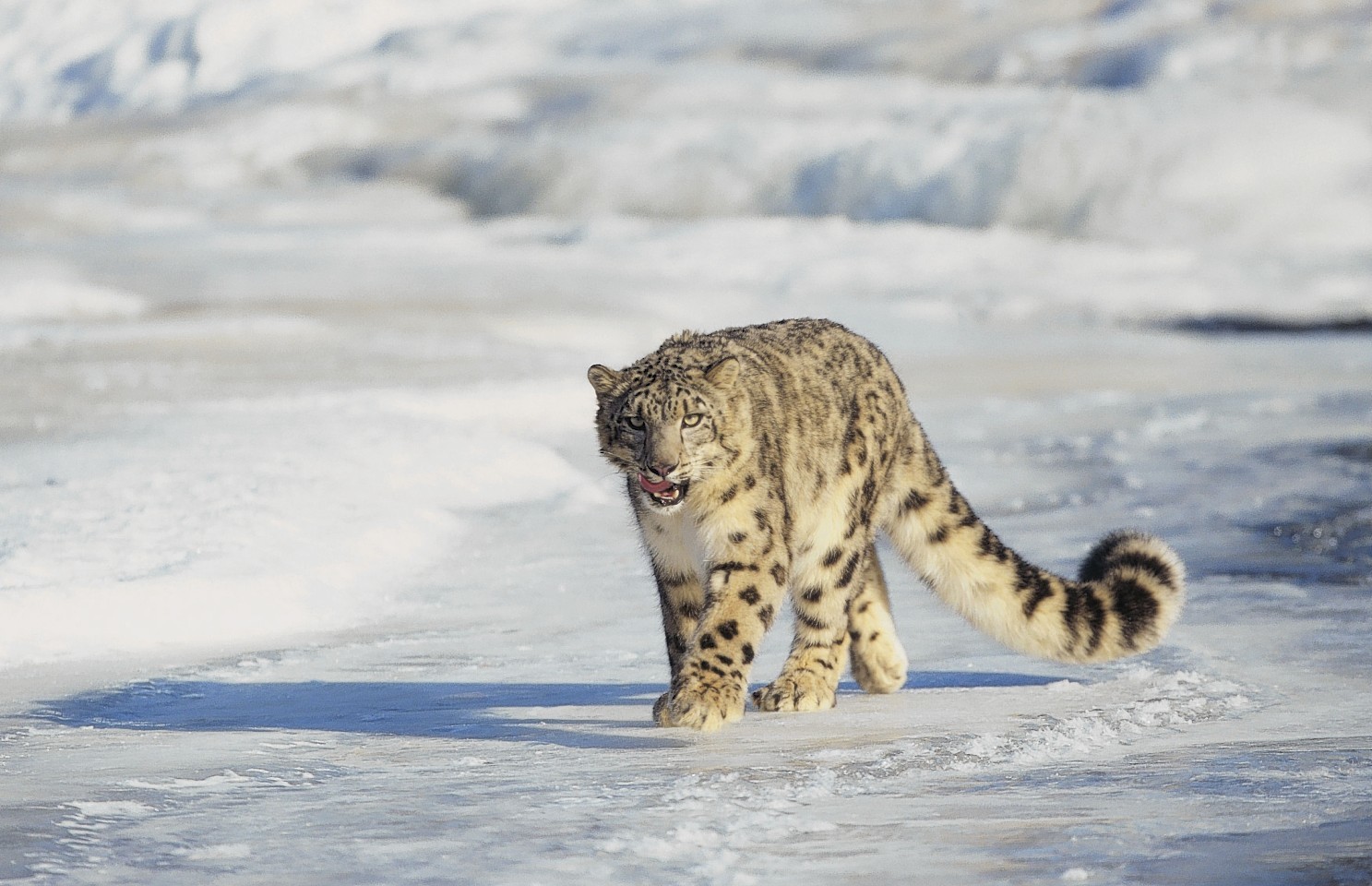A pair of endangered snow leopards are destined to be the new star attractions at the north’s biggest wildlife park.
The big cats are due to arrive at the popular Highland Wildlife Park at Kincraig, near Kingussie, early next year.
A special enclosure, designed to replicate conditions in the mountains of central Asia, will be built at the venue to accommodate the new arrivals.
Douglas Richardson, head of living collections at the park, said he hoped the creatures – categorised as endangered on the International Union for Conservation of Nature (IUCN) Red List – would feel very much at home.
He said: “Snow leopards are found in the mountain ranges of Central Asia and the climate and altitude of the park goes some way towards mimicking this environment.
“The design of the large space has now been finalised and, as with some of our other animal facilities, there will be certain unique elements incorporated that will augment the quality of life for the leopards.
“Construction of the enclosure will begin in the next few months.”
The snow leopards are being introduced to the park as part of the managed European Breeding Programme and bosses hope they might soon be hearing the pitter patter of tiny paws.
Mr Richardson said: “It is hoped that the way the enclosure will be designed, coupled with our field husbandry skills base, will encourage breeding behaviour between the pair and the Royal Zoological Society of Scotland (RZSS) will be able to add to the small global population of snow leopards.”
A new “off-show” breeding facility for one of the rarest cats in the world, the Amur leopard, will also be built at the park next year.
Recent surveys suggest the wild population may have dwindled to between 35 and 40, and the Kincraig unit will form part of the first ever formal reintroduction project for the big cat.
“Cubs born at Highland Wildlife Park will be reared with minimal exposure to humans and it is this hands-off approach, which will make the young eligible for reintroduction back to their native environment in Russia,” added Mr Richardson.
“As this project is crucial to the survival of the Amur leopard, it is important to us that visitors understand why these animals will not be on public display and we hope they will support RZSS in our project to help save this beautiful species.”
